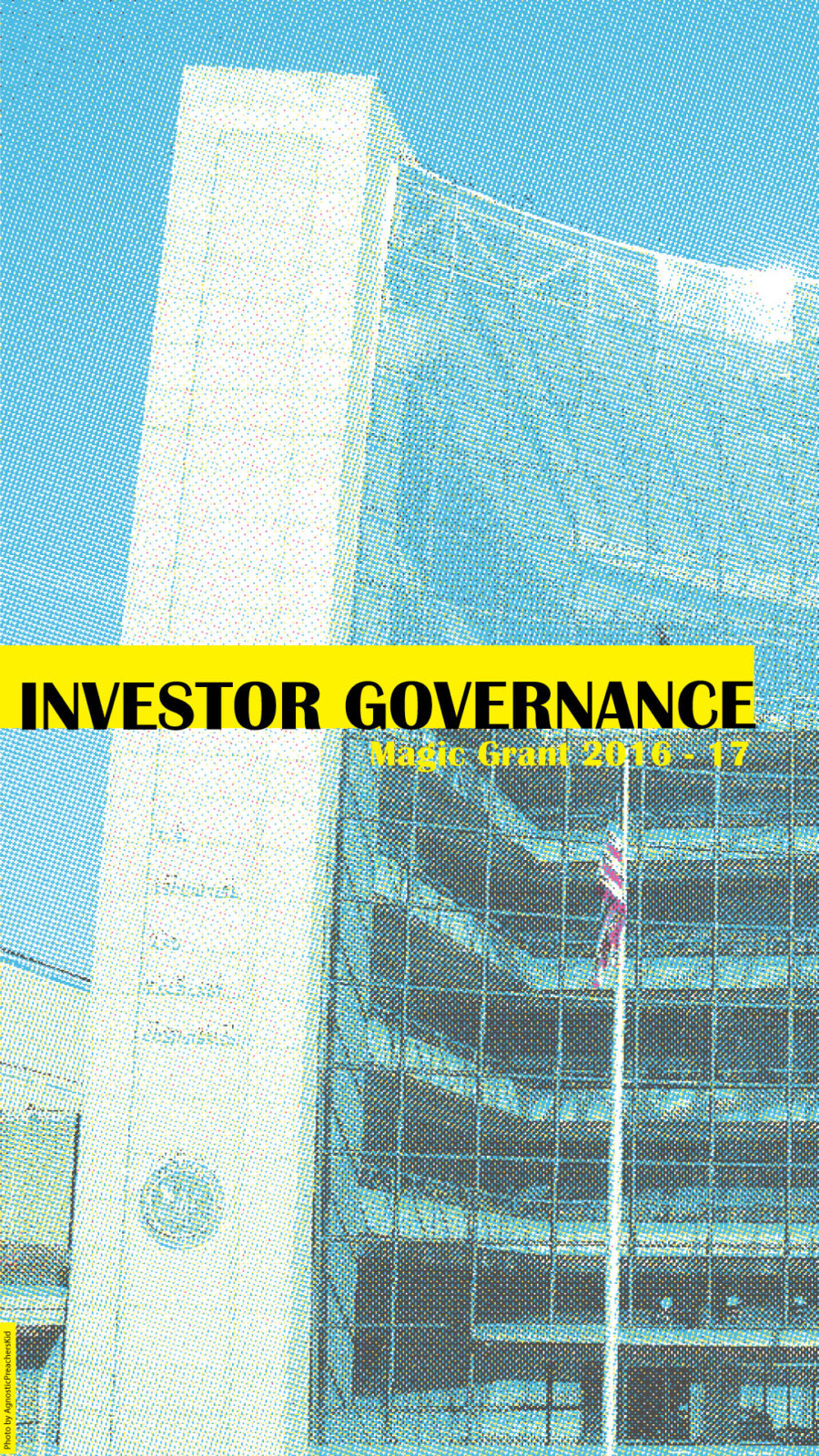Federal securities law aims to give investors in American public companies transparency into the operation and ownership of the firm through disclosure. Historically, regulators and investors have focused these transparency efforts upon a classic problem of corporate law: the separation of ownership of the firm from control of its operations, due to the potential conflict of interest related to the use of corporate resources by managers. Thus, over the past two decades, a great deal of work has emphasized information regarding governance of public corporations. Under this Magic Grant, the team will create the first comprehensive dataset of institutional ownership of American public companies, and the governance characteristics of those institutions.
By contrast, little is known about the owners of public corporations. In most work on this subject, owners are assumed to be the retail investors described in Depression-era scholarship. However, over the last several decades, ownership of American corporations has grown increasingly concentrated in large institutions such as mutual funds, pension funds, and hedge funds. Almost nothing is known about how these entities are governed. Yet the governance of those institutions represents the next frontier of American corporate law, since they will cast the critical votes that determine the outcomes of corporate elections, shareholder proposals and takeover plans.
Only few scholars have examined this area because, in part, little data exist that would allow empirical examination of institutional investor behavior. Although significant investment institutions are required to disclose their ownership in public companies on a quarterly basis on the Securities and Exchange Commission (SEC) Form 13F, each institution’s Form includes hundreds of entries, and thousands of such forms are filed each quarter, making it impossible for an investor to ascertain institutional ownership in a particular firm. Moreover, Form 13F includes no corresponding information about the institution’s governance—that is, the identity and background of its managers, directors, customers and employees. That information is disclosed separately in Form ADV, but the SEC provides limited access to those Forms.
Under this Magic Grant, the team will create the first comprehensive dataset of institutional ownership of American public companies, and the governance characteristics of those institutions. Understanding these two components is critical for both scholars and investors in American companies. For the former, understanding the investor base of public companies is necessary to examine the law that governs the balance of power at U.S. public companies. For the latter, knowing whether one is investing alongside a mutual fund, pension fund or hedge fund could be important information even for a casual investor. No previous research, however, has attempted to collect or analyze that information.



